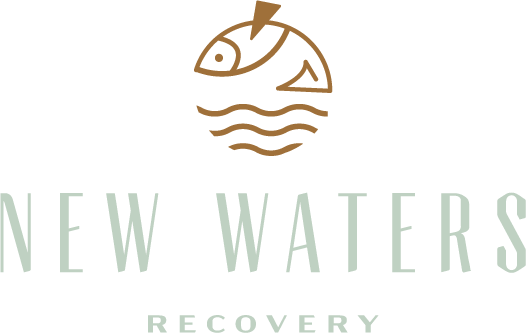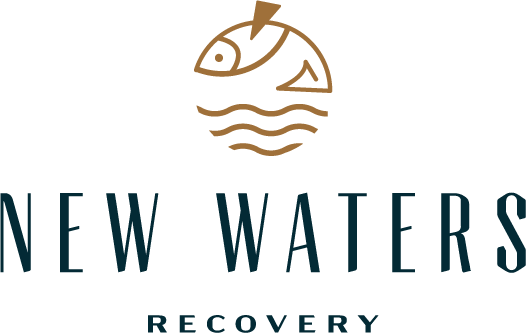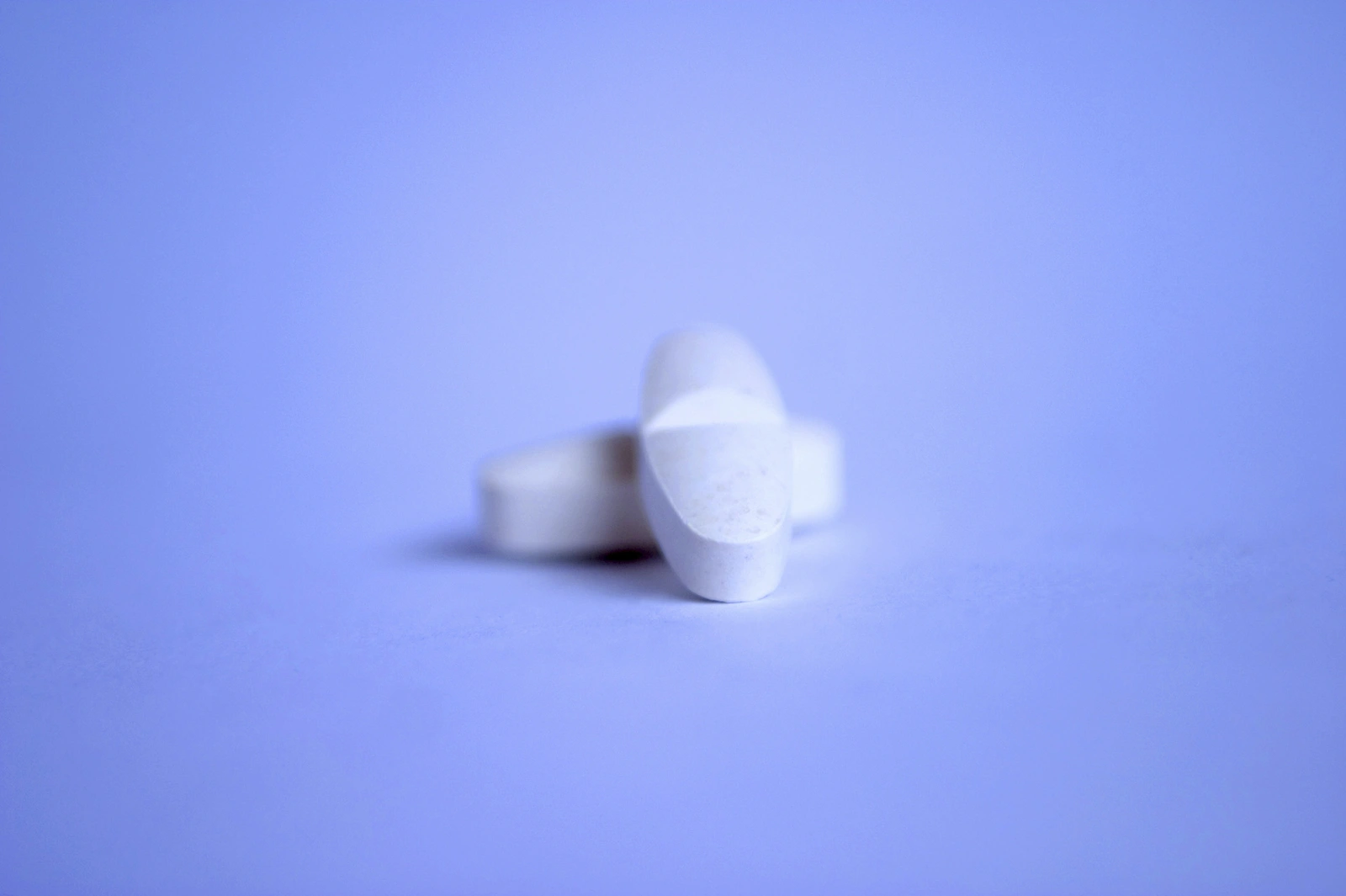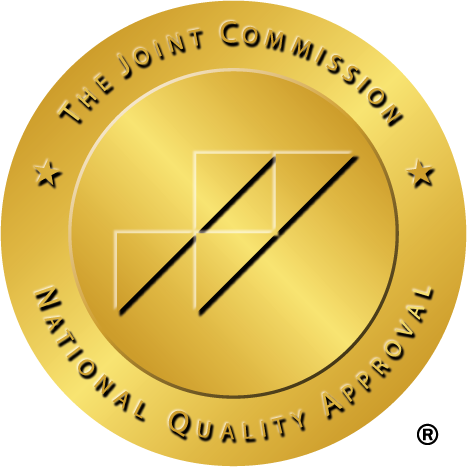Table of Contents
Key Points
- Trazodone is an atypical antidepressant that’s prescribed to treat anxiety disorders, depressive disorders, and sleep disorders.
- Trazodone is only available with a prescription, but it’s not a controlled substance nor is it considered a drug of abuse.
- Despite its low incidence of abuse and addiction, trazodone does have side effects and risks.
Trazodone is an atypical antidepressant in the selective serotonin receptor antagonist and reuptake inhibitor (SARI) class of drugs.[1] It’s used to treat depression and anxiety disorders like major depressive disorder, as well as off-label for sleep disorders.
Though trazodone is only available with a prescription, it’s not a controlled substance and isn’t considered to have a high risk of misuse, abuse, or addiction.
What Is Trazodone?
Trazodone is an atypical antidepressant, which is a class of drugs that are used when other antidepressants are ineffective or cause intolerable side effects. These drugs differ from other antidepressants because don’t fit into other categories of antidepressants.
Trazodone is also a SARI drug, which increases the levels of serotonin in the brain to regulate mood. It has similar properties to selective serotonin reuptake inhibitors (SSRIs,) but it works differently.
The Food and Drug Administration (FDA) approved trazodone to treat depression and anxiety disorders, but it may be prescribed off-label for sleep disorders like insomnia and other conditions.
Is Trazodone a Controlled Substance?
Trazodone is not a controlled substance, which is an illicit or prescription drug that’s considered addictive or has a potential for abuse and dependence that requires regulation. It’s not considered a drug of abuse.
Controlled substances are categorized into different drug schedules that classify their medical uses and abuse potential.[2] Schedule I is the highest schedule and is reserved for drugs with the highest potential for abuse and little to no medical uses. Schedule II, III, IV, and V may have some medical uses and lower addiction potential.
Trazodone isn’t a controlled substance because it has legitimate medical uses and little abuse or addiction potential. However, there’s little research into trazodone abuse, so it’s possible to misuse or abuse the drug.
If you’re prescribed trazodone and have substance use history, it’s important to take the drug only as prescribed. Don’t take higher doses, more frequent doses, or combinations of trazodone and other substances like opioids or alcohol unless instructed to by your doctor.
In addition, it’s possible to become dependent on trazodone. This isn’t the same as addiction, but it can be a component of it. Dependence means your body has gotten used to the presence of the drug and needs it to function, so if you stop, withdrawal occurs.
How Is Trazodone Dosed?
Trazodone has a range of doses to treat different conditions. Always follow your doctor’s instructions for how to take your prescription medication.
The typical dose of trazodone is up to 150 mg per day in divided doses, not to exceed 400 mg per day.[3] Trazodone comes in an extended-release version that’s taken at 150 mg per day in a single dose with a maximum dose of 375 mg per day.[4] Dosages for off-label use can vary.
Side Effects of Trazodone

- Swelling
- Drowsiness
- Dizziness
- Tiredness
- Blurred vision
- Weight loss
- Diarrhea
- Constipation
- Stuffy nose
There are some serious side effects, including:[6]
- Slow heart rate
- Fast or pounding heartbeats
- Easy bruising
- Low sodium levels
- An erection that’s painful or lasts 6 hours or longer
- Mood or behavioral changes
- Suicidal thoughts or actions
- Severe allergic reaction
Trazodone can cause serotonin syndrome, a potentially life-threatening condition in which serotonin builds up in the body, causing symptoms like agitation, fever, sweating, hallucinations, shivering, muscle stiffness, loss of coordination, nausea, vomiting, or diarrhea.[7]
Can You Overdose on Trazodone?
You can overdose on trazodone if you take more trazodone than your body can handle. A trazodone overdose may have symptoms like drowsiness, vomiting, painful or prolonged penis erection, fast or pounding heartbeat, seizure, or breathing that slows or stops.[8] Taking trazodone with alcohol, barbiturates, or sedatives can be fatal.
Trazodone Withdrawal
Though trazodone isn’t viewed as addictive, it can cause dependence with long-term use or misuse. If you reduce your dosage or stop taking the drug suddenly, withdrawal symptoms like dizziness, vomiting, agitation, sweating, confusion, numbness, tingling, or electric shock feelings.[9]
If you want to stop taking trazodone, talk to your doctor about how to do so safely. They may use a taper schedule to gradually reduce your dosage and minimize withdrawal symptoms.
How Is Trazodone Used in Addiction Treatment?
Trazodone is increasingly used in addiction treatment to help with co-occurring disorders, or two conditions that influence one another, making both more challenging to treat. Often, substance use disorders (addictions) co-occur with mental health conditions like anxiety or depression. Trazodone can be used to manage anxiety or depression while someone undergoes drug rehab.
There are other uses for trazodone in addiction treatment as well. Many drug withdrawal syndromes can cause insomnia, which trazodone can manage safely without introducing another habit-forming drug like benzodiazepines or sedatives.
While it can be helpful in addiction treatment, trazodone is not an addiction treatment on its own. It’s used in combination with other treatments like medical detox, talk therapy, group counseling, and behavioral therapies to address the physical and psychological aspects of addiction.
Trazodone Can Be a Safe and Effective Drug for Anxiety and Depression
Trazodone is a generally safe and well-tolerated drug for treating anxiety, depression, insomnia, and other conditions. Though trazodone is unlikely to be abused or misused and isn’t a controlled substance, it does have some risks to be aware of.
Frequently Asked Questions
Below are some of the most frequently asked questions regarding Trazodone
Sources
[1] Trazodone uses, dosage, side effects & warnings. Drugs.com. (n.d.-g). Retrieved from https://www.drugs.com/trazodone.html on 2024, December 21.
[2] Controlled Substances & CSA Schedule lists. Drugs.com. (n.d.). Retrieved from https://www.drugs.com/csa-schedule.html on 2024, December 21.
[3,4] Mayo Foundation for Medical Education and Research. (2023, December 1). Trazodone (oral route) proper use. Mayo Clinic. Retrieved from https://www.mayoclinic.org/drugs-supplements/trazodone-oral-route/proper-use/drg-20061280 on 2024, December 21.
[5,6,7,8,9] Trazodone uses, dosage, side effects & warnings. Drugs.com. (n.d.-g). Retrieved from https://www.drugs.com/trazodone.html#side-effects on 2024, December 21.
New Waters Recovery Editorial GUIDELINES
At New Waters Recovery, we take your health and wellness seriously. We have a thorough process in place to ensure the integrity of information that is displayed on our website. All content published to our site undergoes a rigorous medical review by a doctorate level clinician to ensure medical accuracy. Read More About Our Process





